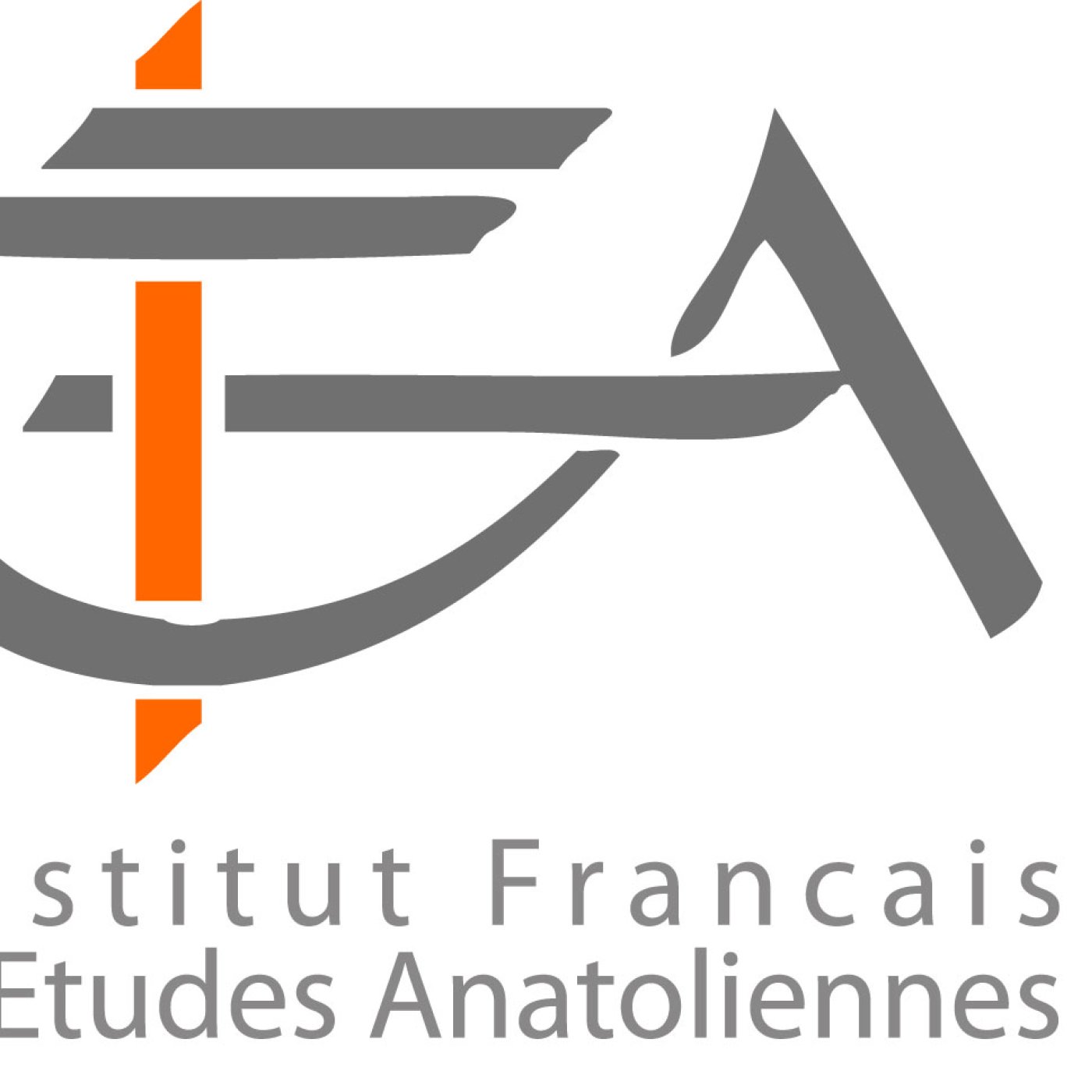Table-ronde - Regionalism in the South Caucasus: Perspectives from within and without

Organisé en partenariat avec l'université TOBB-ETU et l'Institut de recherche suédois à Istanbul (SRII)
Evénement fermé au public
Organisateurs: Saban Kardas (TOBB-ETÜ, Ankara-Turkey), Leonid Issaev (HSE, Moscow- Russia)
Given its critical location at the intersection of competing civilizational, socio-political, geopolitical zones, the Southern Caucasus has been on the spotlight of international politics. The countries of the South Caucasus have suffered from conflicts and instabilities created by internal dynamics and extra-regional involvement, which hampered the socio-economic development. Despite possessing most attributes of regionness and occasional declarations of interest for forming a regional collaboration mechanism, they have failed to form a functional sub-regional project in the post-Soviet space.
Despite some historical attempts since the early 20th century, homegrown regionalization has been prevented by the existing rivalries, historical enmities, lack of a unifying regional identity, inter-ethnic conflicts and wars, and diverging priorities. It was widely viewed as a “broken region” (Thomas De Waal, 2012) of “distant relatives (Tracey German, 2012) with no visible prospect of overcoming embedded political contradictions, perceptions of insecurity, or differences in economic trajectory. Another major constraining factor is the fact that the region has been the target of overlapping regionalization initiatives of other actors, ranging from EU’s Neighborhood Policy to Russia’s vision about a Eurasian integration, Western designs, as well as China’s Belt and Road initiative. Considering the divergent foreign policy orientations of the local countries, they have put their stakes into rival projects and alignments, as well as engaging in alternative intra-regional arrangements. Consequently, in an already fragmented space, there are many competing orders. However, there is no genuine viable integration project to develop a regional platform to advance economic interests or address common problems, let alone creating a security community to bind them together.
While the South Caucasus countries have been tightly interconnected in a physical-geographic sense, their inability to develop conflict management mechanisms has made them particularly prone to the negative externalities of intra-regional conflicts. They could not exploit the dividends which might be offered by genuinely regional institutional configurations, as actors outside the South Caucasus dominated the conflict resolution initiatives to address local conflicts.
Nonetheless, there has been no shortage of proposals to develop a regional conflict management platform. Local countries have prioritized regionalism as an important objective of foreign policy, and have been eager to engage with other major regionalization processes in the Eurasian or Euro-Atlantic space. In the first decade after the collapse of the Soviet Union, there were proposals for a common Caucasian Home. Regionalization also plays a major role in the foreign policy discourse of the neighboring actors, and they have expressed interest in adopting a regionalist approach to the South Caucasus. For its part, Turkey has circulated such ideas in the 1990s and 2000s, which would bring together South Caucasus countries and the neighboring Turkey, Russia and Iran. During the diplomatic initiatives to address the latest conflict in Nagorno-Karabakh, Iran also suggested a 3+3 formula.
Given the fragility of the security environment and the mutually hurting non-cooperation, it is high time to revisit the issue of regionalism in the South Caucasus. The special issue will explore how the three countries and the neighboring Russia, Iran and Turkey approach the idea of regionalism in general and sub-regionalism in the region in particular. The issue will also look at the Western perspective on the prospects of regional integration. Each contributor will study the prevailing ideas about regionalism in respective country’s overall strategic orientation; how the idea shaped that country’s practice; the specific regional arrangements it has initiated or participated; views about the subregional cooperation in South Caucasus specifically. Through comparative analysis of the case studies, it would be possible to identify the prospects and challenges before regionalization in South Caucasus.
Contributors
1. Introduction, Saban Kardas, TOBB-ETU
Leonid Issaev, High School of Economics University
2. “Armenia between Transcaucasia and the South Caucasus: Politics of Regionalism and Isolation,”
Vahram Ter-Matavosyan, American University of Armenia
3., “Can small states reshape their regional identities? Examining Georgia's cognitive dissonance between South Caucasus and Eastern Europe”
Kornely Kakachia and Bidzina Lebanidze, Georgian Institute of Politics
4. “Can the War Foster Cooperation? Azerbaijan’s Emerging New Regionalism after Karabakh War”,
Anar Valiyev, Azerbaijan Diplomacy Academy
5. “Turkey’s Foreign Policy in the South Caucasus: Limits of Regionalism”,
Saban Kardas, and Pınar İpek, TOBB-ETU
6. Russia, Leonid Issaev, and Evgeniy Ivanov, HSE University
7. “Iran and Regionalism in the South Caucasus: Lack of a Strategic Vision”,
Vali Golmohammadi, (Tarbiat Modares University) and Hamidreza Azizi, (SWP-Berlin)
8. “We make it regional worldwide, but not here: The South Caucasus as a challenge to EU practices of region-building”,
Laure Delcour, Université Sorbonne Nouvelle
Détails
| Date de l'événement | 04/06/2022 9:00 am |
| Places | Illimitée |
| Lieu | IFEA |





